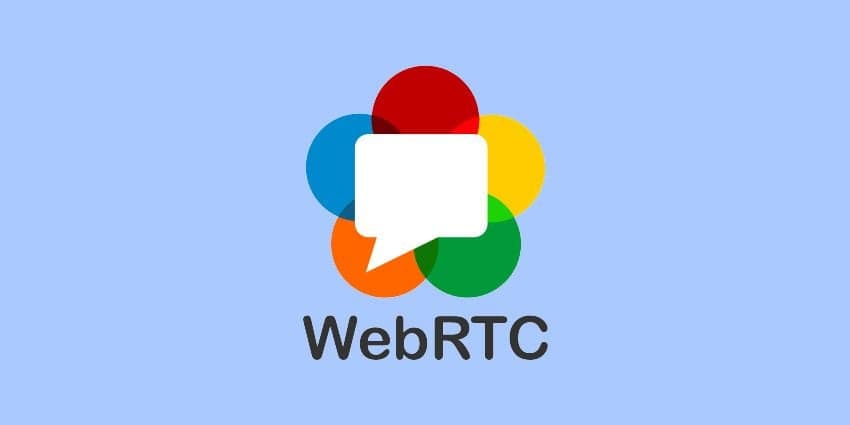iPhone 15 Pro Max incident raises concerns about non-Apple chargers

If you own an iPhone 15 series device, it's crucial to use a real Apple charger or one that's certified by Apple. Something happened recently that really shows how risky it is to use cheap charging cables with these phones.
In recent news, an iPhone 15 Pro Max owner experienced a dangerous incident that has sparked concerns about the use of non-Apple-certified chargers for the latest iPhone series. It's a big lesson to show how risky it can be to use random USB-C cables and how important it is to follow what Apple says about how to charge your phone.
The owner, Redditor NoisilyMarvellous, shared a startling image showcasing the aftermath of a melted USB-C cable protruding from the iPhone 15 Pro Max. The user reported that the handset became excessively hot while charging overnight, causing the cable to melt, leaving burn marks, and even becoming stuck in the phone's USB-C port. This alarming event raised questions about the safety of the charging setup and prompted queries about potential damage to the phone, the charging cable, or the charging plug.
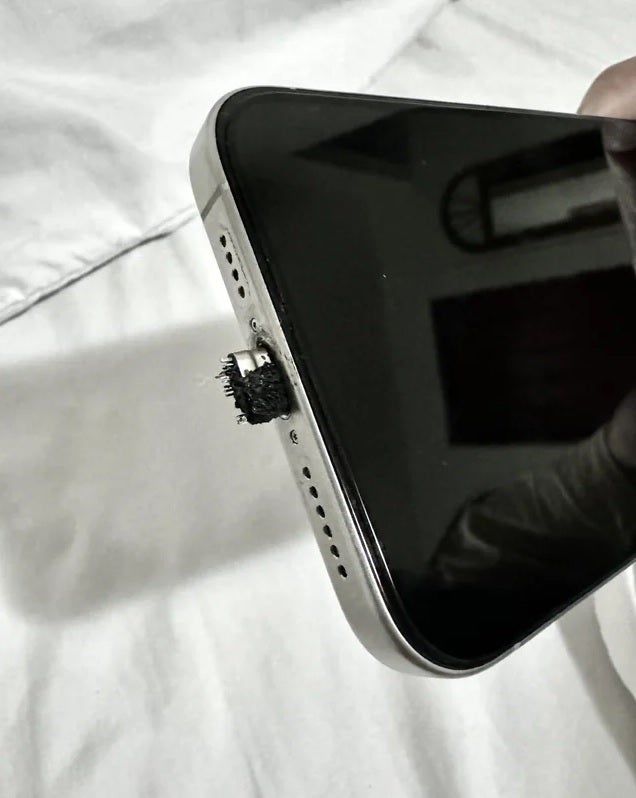
Further investigation revealed that the charging setup involved a generic USB-C cable obtained from Amazon, along with a travel adapter. The use of a non-Apple-certified charging cable drew criticism from fellow Redditors, with many attributing the overheating incident to the inferior quality of the cable. The user's experience emphasizes the importance of leveraging reputable and trusted accessory makers when selecting charging cables for the iPhone 15 series.
The potential hazards of relying on uncertified chargers are underscored by the significant damage suffered by the iPhone, as the device no longer charges using a cable charger. While the iPhone 15 Pro Max supports wireless charging, the repercussions of this incident serve as a reminder of the potential costs and inconveniences associated with utilizing non-Apple-certified charging accessories.
The lesson here is, it's important to stick to using the charging cables that come with the iPhone or MFi-certified charging cables. It might be tempting to use cheaper, random cables, but it's just not worth the risk. Using the right cables can prevent accidents like this and make sure our phones stay in good shape.
Also Read
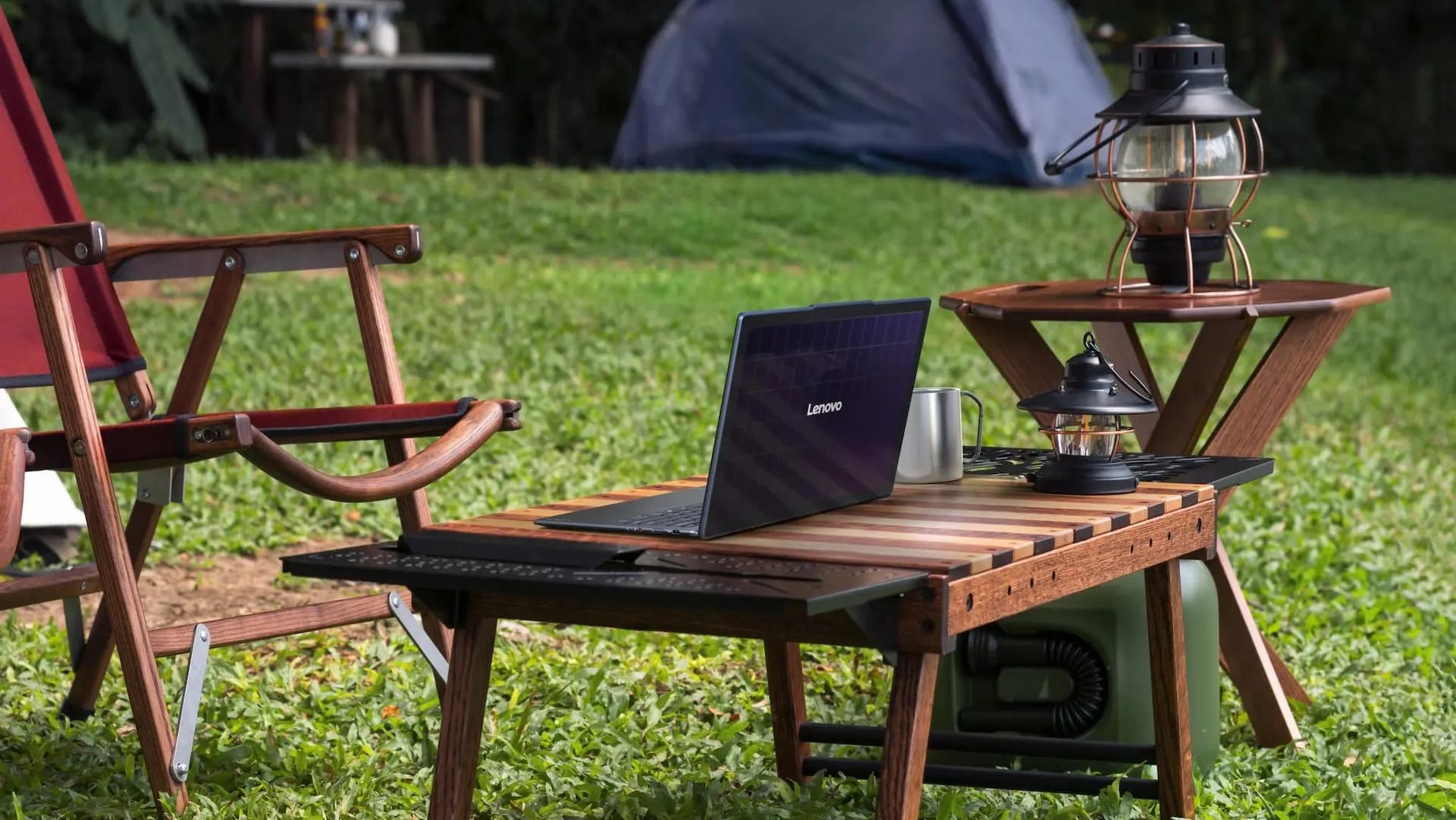
Lenovo Debuts Solar-Charging Laptop That Turns 20 Minutes of Sunlight Into Hour of Video
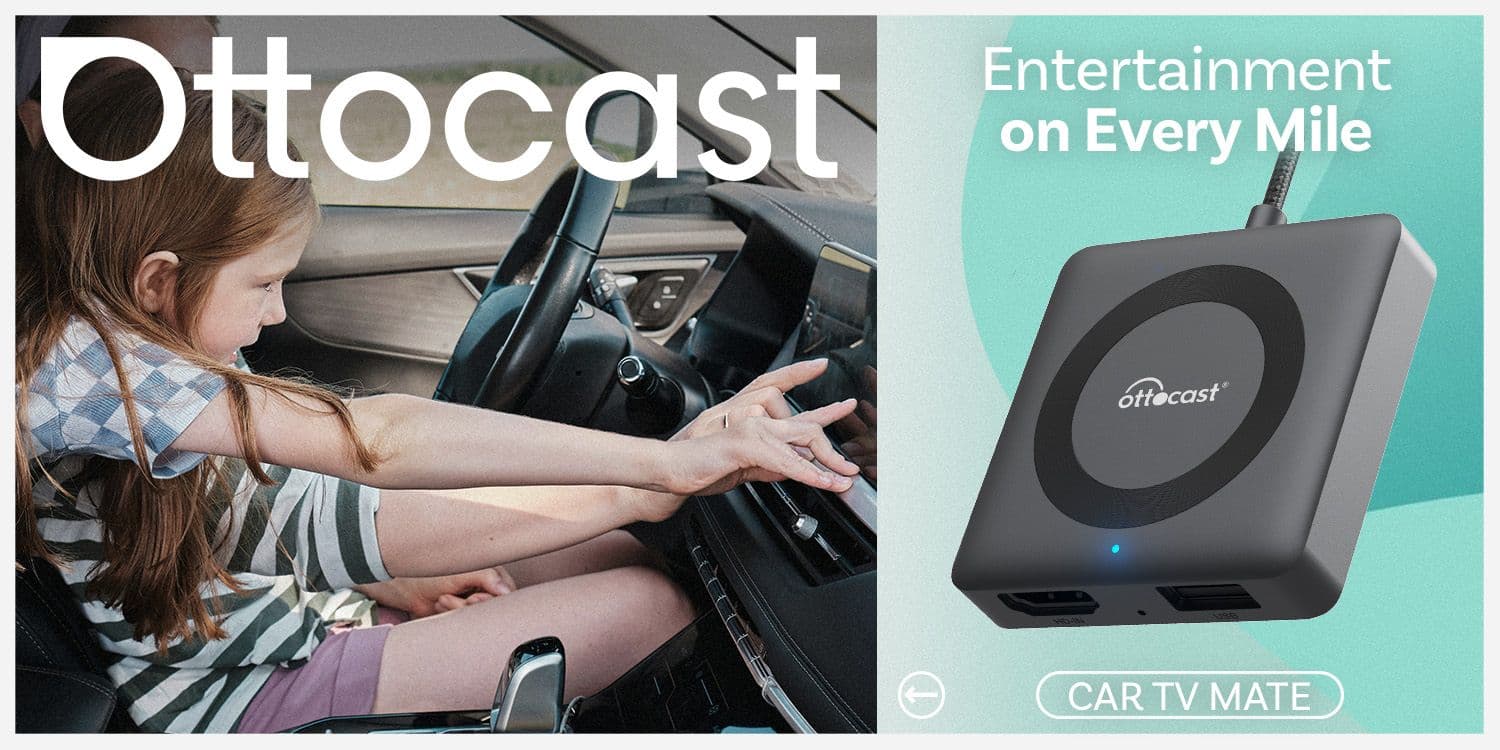
Ottocast Car TV Mate Max Review – A Versatile In-Car Entertainment Adapter
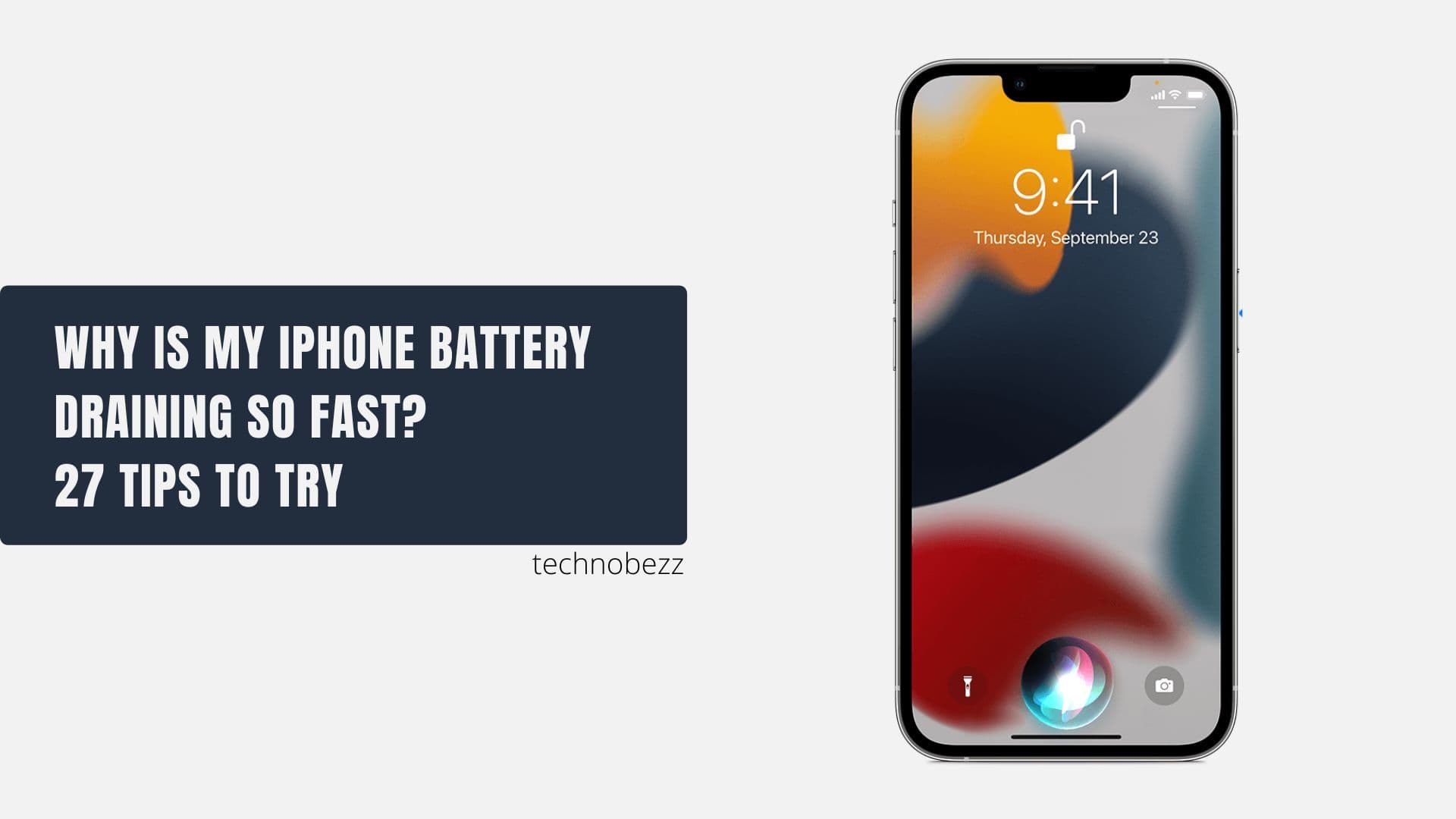
iPhone Battery Dying In Minutes? 23 Real Fixes That Work
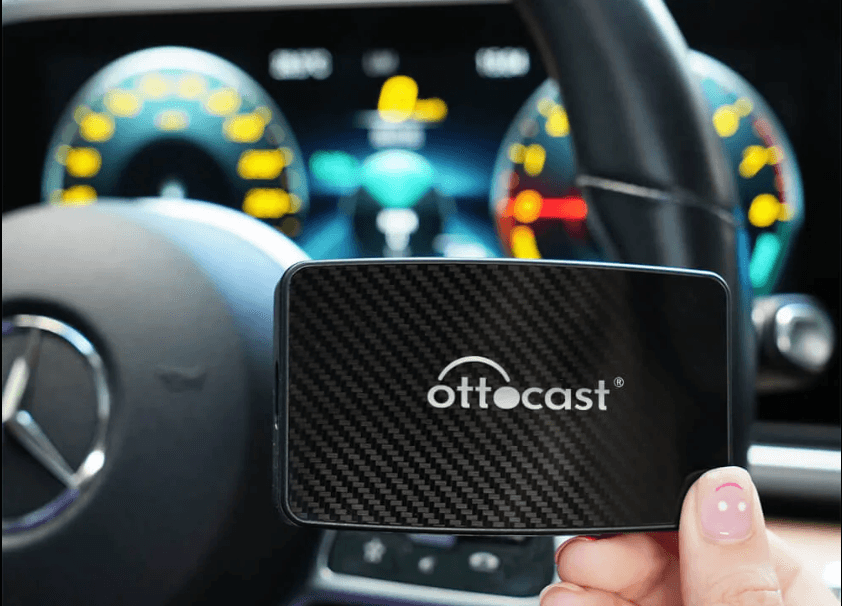
Ottocast Play2Video Pro Ups the Game in Affordable Car Entertainment
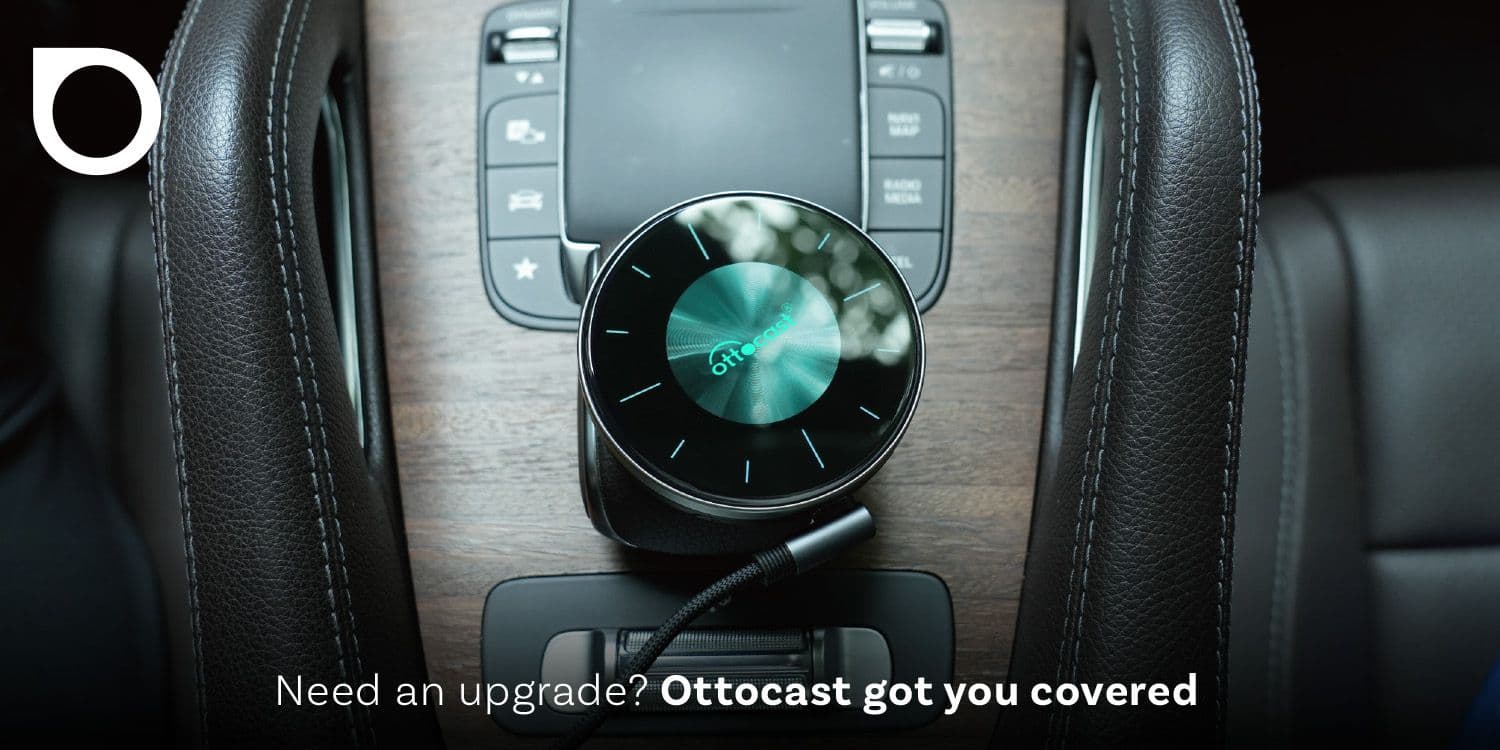
Ottocast OttoAibox P3 Powers a Smarter Driving Experience
